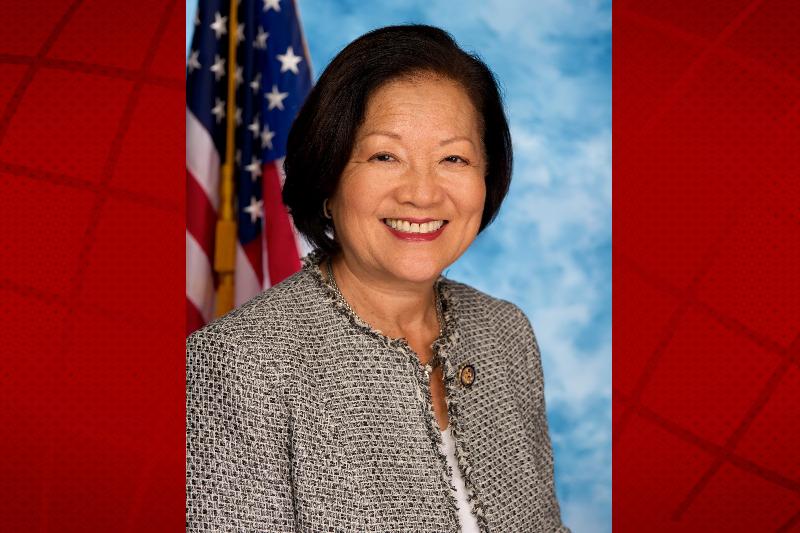My Body, My Data Act to protect reproductive, sexual health data lead by Hirono

U.S. Democratic Senators Mazie K. Hirono of Hawai‘i and Ron Wyden of Oregon have led 11 of their Senate colleagues in reintroducing the My Body, My Data Act.
It’s legislation to create a new national standard to protect reproductive and sexual health data by minimizing the information collected and retained, and preventing that information from being disclosed or misused.
Companion legislation was introduced in the House by Representative Sara Jacobs (D-CA).
“Along with restricting the reproductive rights of people across the country, the Supreme Court’s disastrous Dobbs decision opened individuals up to the risk of surveillance and prosecution for providing or seeking reproductive care,” said Senator Hirono. “Everyone should be able to trust that their personal data is safe and secure. This legislation will help protect people’s privacy and ensure their personal health data can’t be used against them.”
Since the Supreme Court overturned the constitutional right to an abortion, 19 states have total or near total abortion bans—putting people who are getting, seeking, or facilitating reproductive health care at risk that their digital footprints will be weaponized against them.
Currently, few protections exist to prevent personal reproductive health data, or information about people seeking reproductive health services, from being collected, retained, or disclosed to third parties. The My Body, My Data Act would address this by:
- Limiting the personal reproductive and sexual health data that can be collected, retained, used, or disclosed to only what is needed to deliver a product or service;
- Protecting personal data collected by entities not currently covered under HIPAA, including data collected by apps, cell phones, and search engines;
- Requiring regulated entities to develop and share a privacy policy outlining how they collect, retain, use, and disclose personal reproductive health information;
- Creating a private right of action to allow individuals to hold regulated entities accountable for violations;
- Providing additional consumer protections, including the right to access, correct, or delete personal data;
- Including a non-preemption clause that allows states to provide further protection for reproductive and sexual health privacy.
Senator Hirono’s office describes her as a longtime champion of abortion access.













